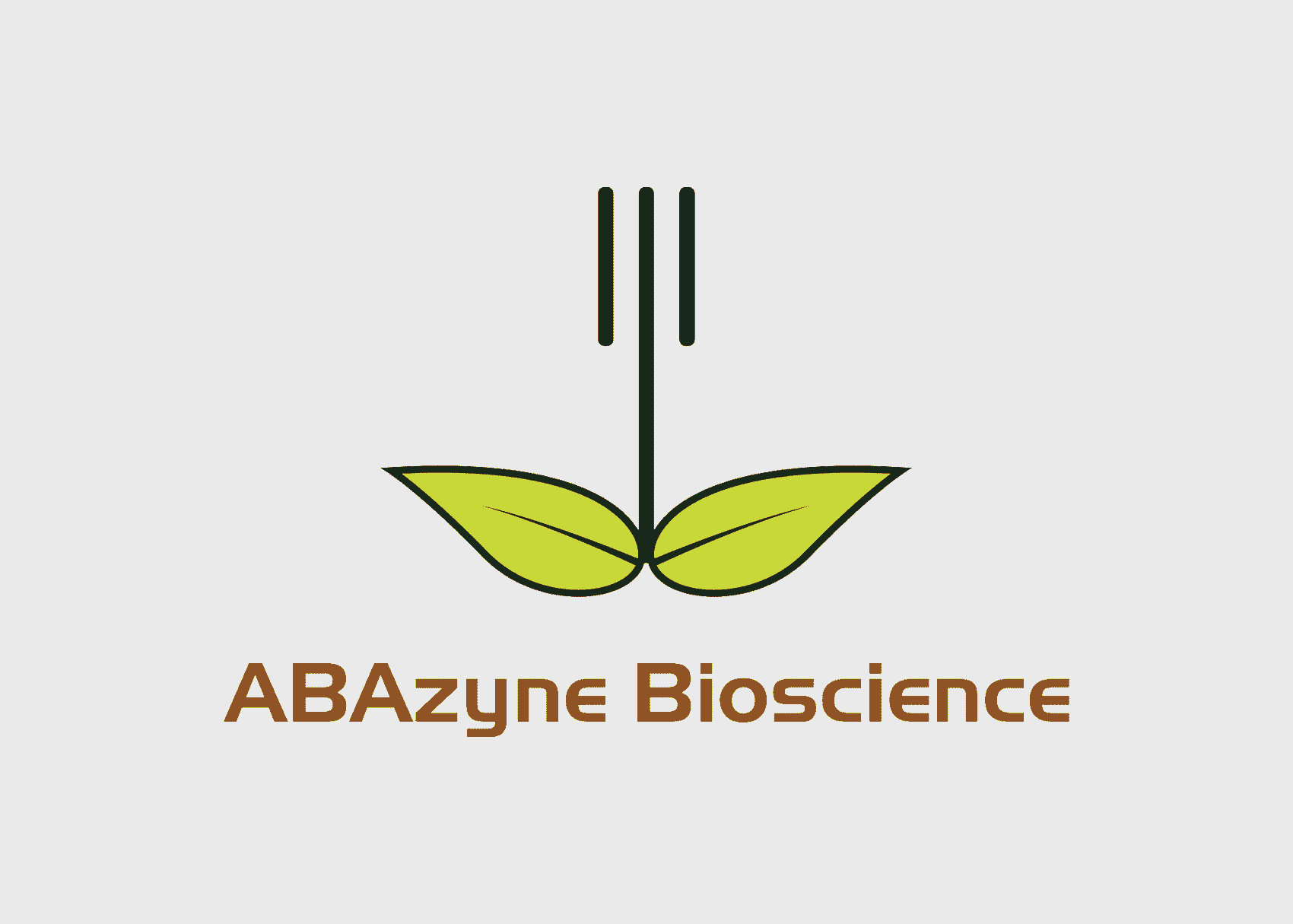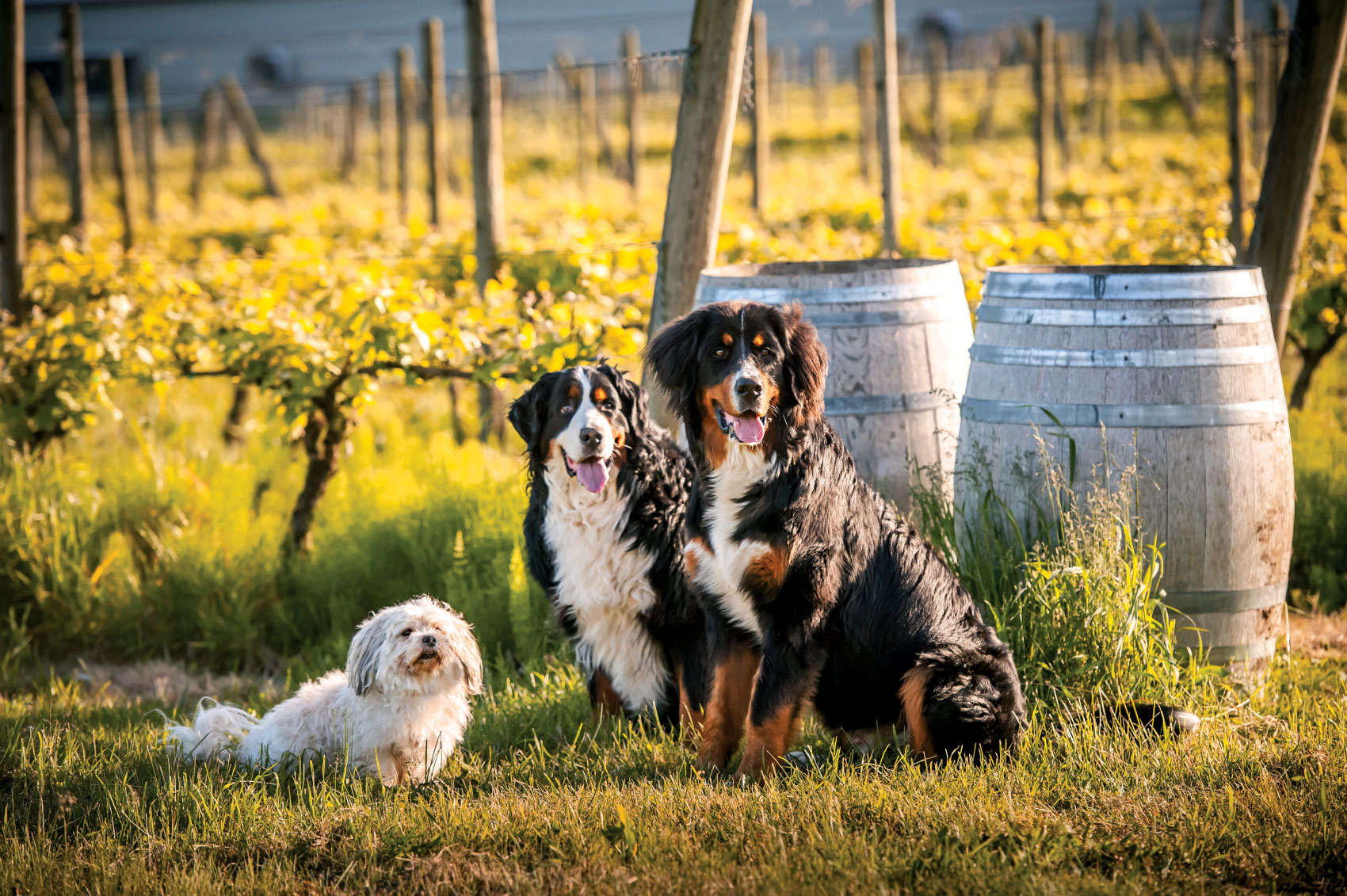Cornell University has good news for wine grape growers who have been devastated by the increasing risk of cold and frost damage to their crops. Jason Londo, PhD, released the results of his most recent study involving wine grapes. He concluded that ABA Boost (tetralone ABA) is a “… promising viticulture tool for enhancing dormant season resilience in grapevines.” He continued, “… integration into vineyard management could be beneficial in the regions where unpredictable temperature fluctuations pose risks to grapevine survival and productivity.”
Laurent Pinson, a French winemaker, says he used between 300 and 600 burning cans of paraffin across many of his 14 hectares of vines. This is a labour-intensive approach that can cost close to $5,000 per hectare, and it’s not always effective.
ABA Boost is a naturally derived, patented product from the plant hormone abscisic acid (ABA) that was developed by ABAzyne Bioscience. ABA Boost has been tested in vineyards across Canada and the United States for the past six years, with consistent results. Improved bud hardiness (up to six degrees Celsius), increased tolerance for spring frosts and yield protection (up to 60 per cent) have been observed, with slight variations depending on variety and climatic conditions. “ABA Boost is the most recent version of our products that is more concentrated, cost effective and economically feasible,” said Sue Abrams, PhD, CSO of ABAzyne Bioscience.
“Londo’s work has proven scientifically that this technology can offer grape growers a lower cost and more effective way than current methods to manage climate extremes and protect yields,” said Jerome Konecsni, CEO of ABAzyne Bioscience.
Registration of the product has begun in Canada and the European Union, and launch is expected in 2026.




